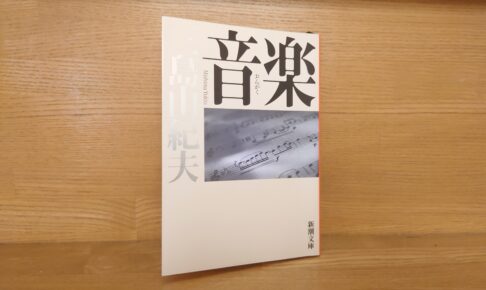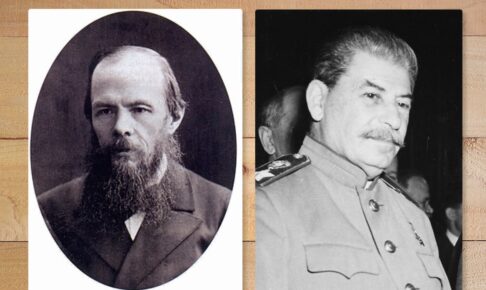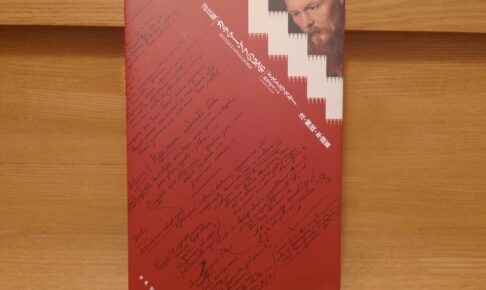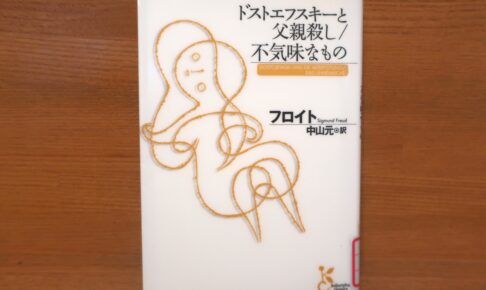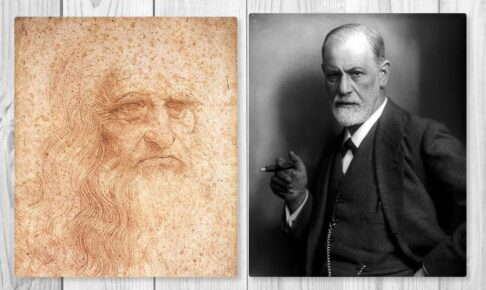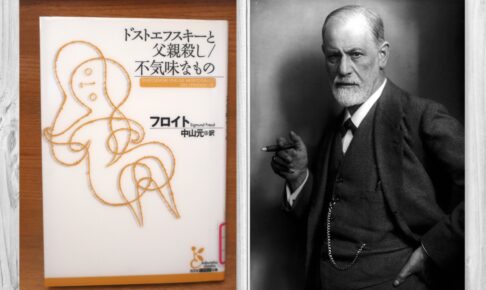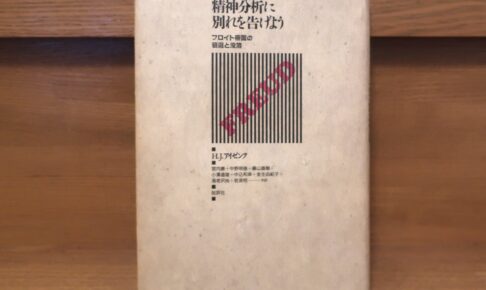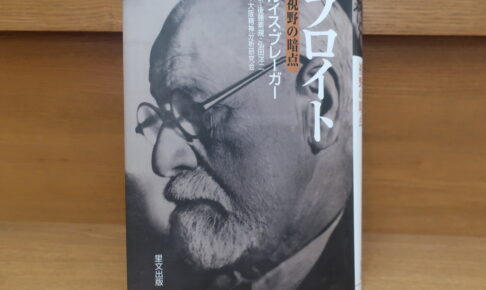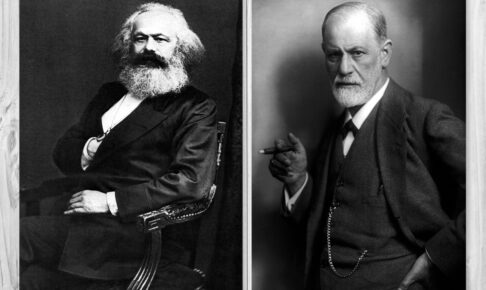Yukio Mishima's "Music" Synopsis and Impressions - A masterpiece that contains a critical challenge to Freud's psychoanalysis!
A unique work that dramatically depicts the depths of the female psyche and sexuality."
Although this introduction may make it sound like a dubious work, "Female Psychology and Sexuality," this work is actually a novel written by Mishima in which he challenges Freudian psychoanalysis. I read this book precisely because I was interested in this challenge to Freud.
The protagonist of this work is a psychiatrist. The story progresses in the form of a memoir by this middle-aged psychiatrist.
He presents his own psychoanalysis in abundance in this memoir, but he is not with the right person! His plausible interpretations are overturned one after another by the mysterious actions and words of beautiful women. Herein lies Mishima's challenge to Freud.












